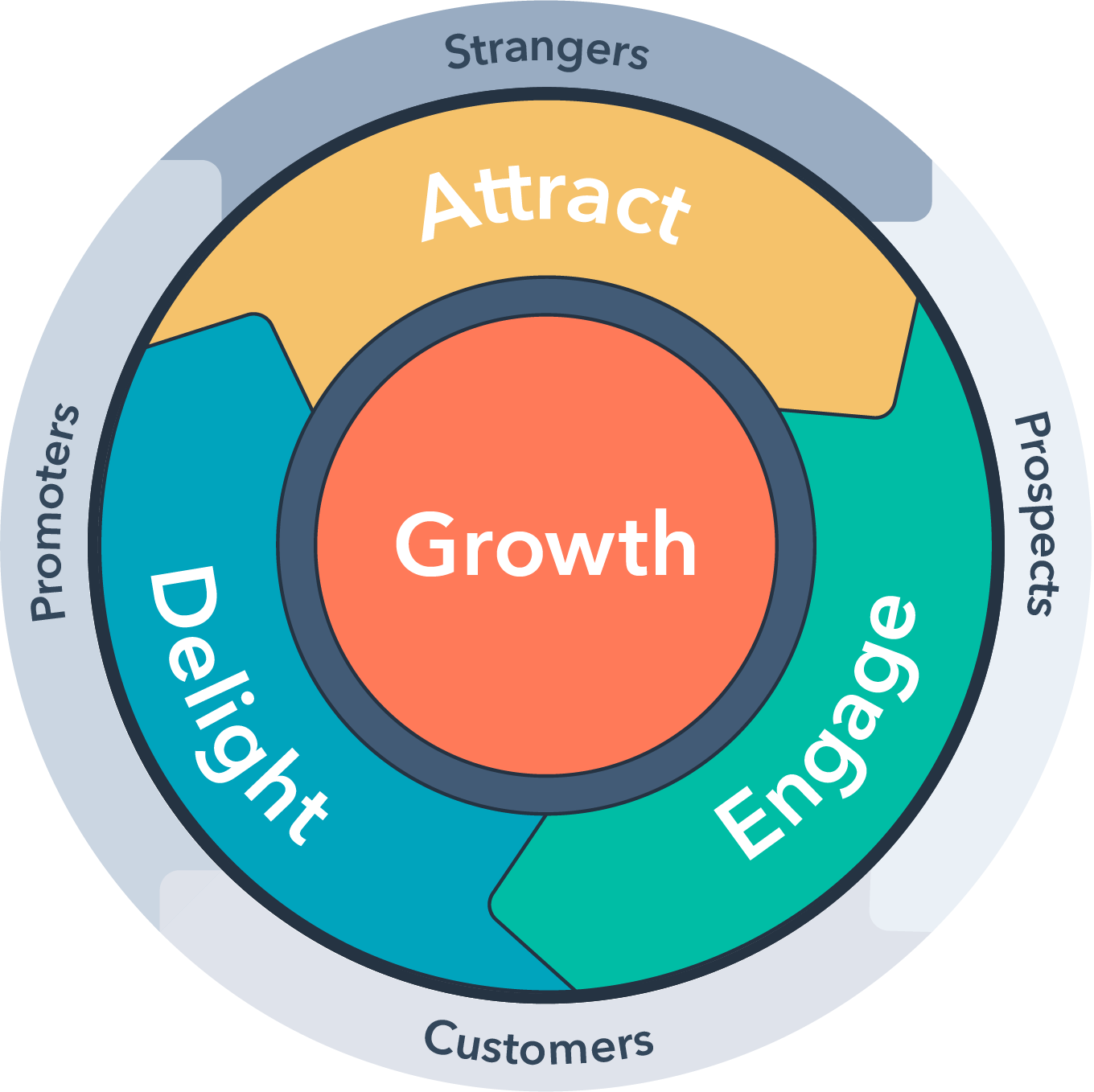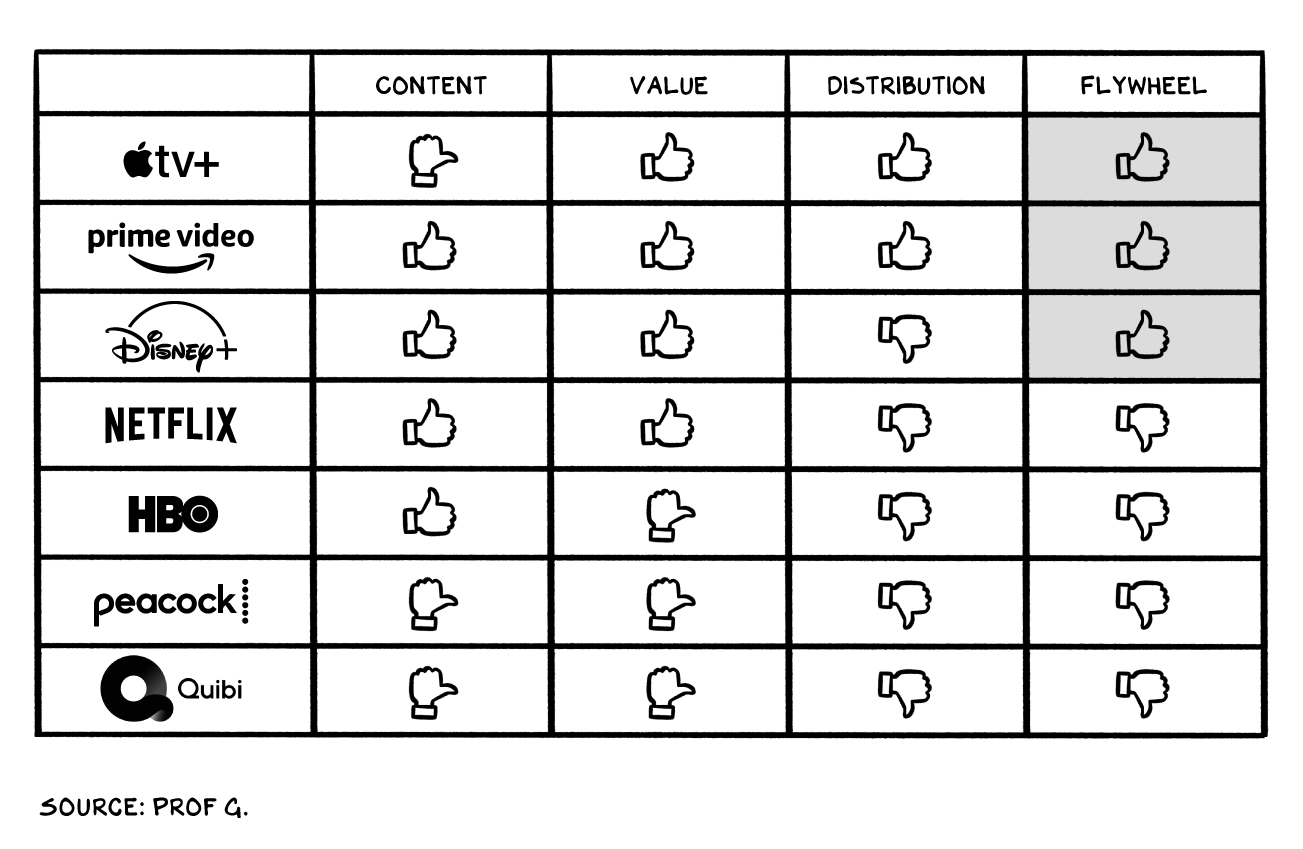The “flywheel effect” – what is it, eventually?
Let’s start with an article. Jonathan A. Knee in his New York Times article about the Flywheel effect states that Network effects are overrated.
He then talks about the often repeated flywheel effect. He says that the flywheel effect is in essence the network effect.
And he brings, as an example, the large tech companies out of which he says only Facebook could realize real netwok effects.
Also he brings as an anti-example (for the lack of network effects) Netflix.
There are a few problems with this article.
What is the flywheel effect? Answer 1: Building your business around maximum customer experience
As a Columbia University professor Mr. Knee should know that some terms in business are very loosely defined – enter the “flywheel effect”
Just see this article:

It is nowhere saying that flywheel effect is the same as network effect. According to this article:
What Is the Flywheel?
The Flywheel is a model adapted by HubSpot to explain the momentum you gain when you align your entire organization around delivering a remarkable customer experience. It is remarkable at storing and releasing energy — and it turns out that’s pretty important when thinking about your business strategy. Invented by James Watt, the flywheel is simply a wheel that’s incredibly energy-efficient. The amount of energy it stores depends on how fast it spins, the amount of friction it encounters, and its size. Think of it like the wheels on a train or a car.
The Flywheel is a model adapted by HubSpot to explain the momentum you gain when you align your entire organization around delivering a remarkable customer experience. It is remarkable at storing and releasing energy — and it turns out that’s pretty important when thinking about your business strategy. Invented by James Watt, the flywheel is simply a wheel that’s incredibly energy-efficient. The amount of energy it stores depends on how fast it spins, the amount of friction it encounters, and its size. Think of it like the wheels on a train or a car.
This energy is especially helpful when thinking about how customers can help your business grow.
…With the flywheel, you use the momentum of your happy customers to drive referrals and repeat sales. Basically, your business keeps spinning.
According to this article from Hubspot: flywheel effect is the old school “improve customer experience significantly” tactic converted into being your final strategy: make your customers happy, and then your existing customers will buy more and also they will refer you to other customers.
(Is it anything new, by the way? I assume this is how e.g. Coke spread around the world: it made existing customers happy so they drank more of it and also they talked about it to other people.)
What is the flywheel effect? Answer 2: Economies of scope
In Scott Galloway’s article (marketing professor at NYU) flywheel effect is actually defined as economies of scope – the more things you do (or services you provide) with the same assets (same group of people, brand name, physical assets etc.) the more you can serve your existing or new customers with.

Again, is it anything new to anyone in business?
This is how Amazon came to be: doing more and more on the same website under the same brand name. Or almost any other business that has multiple products and the same brand name and/or marketing and/or sales channels.
What is the flywheel effect? Answer 3: Network effect – and summarizing it up
Network economies – the lack of it? Or something else?
And then there comes Mr. Knee from Columbia and says that flywheel effect is the equivalent of network economies.
Well – I could say that it is not – but to be honest flywheel effect has never been a term any economist (or similarly serious profession (remember? The University of Chicago has the unofficial tagline of “where fun comes to die”)) has ever defined.
So depending on who is reading it – the translation is different.
Side-Note: Netflix and network effect
Also, as a side-note: Netflix has been losing customers due to some factors well mentioned in the article: yes, there is increasing competition for Netflix.
And, besides, in online businesses people learn about the competition fast and in a subscription business if they are not satisfied – they switch to other competitors or they stop using services.
But what the article does not mention is that Netflix is losing business due to other competitors applying the flywheel effect – economies of scope.
So if we include economies of scope in flywheel effect – then Netflix is losing to Disney, Amazon and Apple – both having introduced streaming recently.
And yes – in their case there is economies of scope.
What is the flywheel effect? Summary
So – the Flywheel effect is:
–improvement: doing things better and better (a.k.a. continuous improvement) that
–economies of scale: lead to existing customers buying more of your services or products (old school economies of scale due to lower marketing costs)
–referrals: and/or new customers buying your services or products thanks to referrals (again, old school marketing, there is nothing new in it – only the media, platform has changed from word of mouth to online blogs, forums where customers appreciate your service or product – and other prospective customers find these and then buy your product)
–economies of scope: and/or selling to more customers or selling more to the same customers through the same assets your company owns (be these assets sales channels, marketing channels e.g. a website, sales partners, your own salesforce) or doing several things with the same assets that lead to some increased revenue or cost savings (e.g. renting out your company’s office space during the weekends on Airbnb as a accommodation – sounds crazy, right? But it is economies of scope in action)
–network effect: and/or (we can add, why not?) network effect: where your customers stay on your service or buy more of your service or product as they have other customers on the same platform whom they know
So yes – flywheel effect can include the network effect but it is much more. It is anything that leads to growing sales with not spending more on marketing and sales but spending on product development, refinement and customer service – or on product features that may include network effects.
But this is the problem with this Flywheel effect word: it just covers too much. And hence it is often misused, misunderstood or it can lead to misunderstanding.
While anyone can imagine a flywheel – not everyone is an economist.
